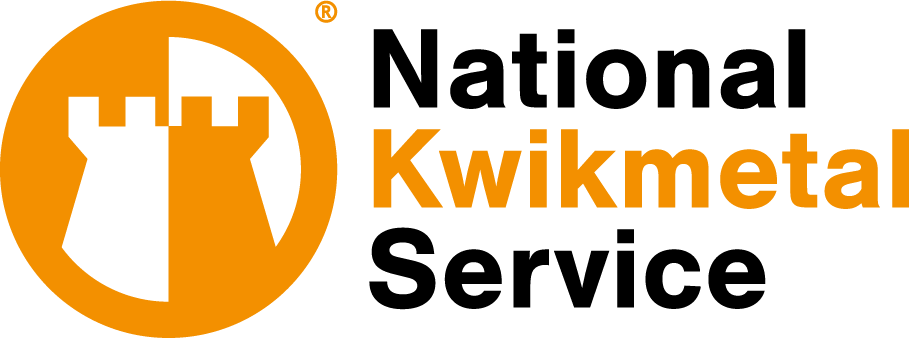
Aluminum is one of the most preferred metals in situations where manufacturers need to reduce component weight while still maintaining durability. It also offers an eye-catching appeal. However, that is only achievable when the metal is welded with precision.
Today, aluminum has become a go-to non-ferrous metal for modern productions — but it does have some characteristics that make it tricky to work with in terms of welding. To that end, this aluminum slitting company in Tulsa, Oklahoma is going to discuss some of the key things manufacturers should know when welding aluminum.
Aluminum is used in fabrication processes worldwide. It is a lightweight, malleable, and non-corrosive material ideal for a variety of welds. However, the properties that make this metal desirable also make it difficult to weld. Aluminum is highly sensitive, formable, and susceptible to impurities in its molten state. It also has a greater affinity to oxygen, higher thermal conductivity, and a low melting point. All of these make aluminum a little less workable than many other metals. But that doesn’t mean that aluminum cannot be welded — it just means the process can be challenging. This aluminum slitting company in Tulsa, Oklahoma is going to discuss some of the factors you should be aware of below.
What really makes it difficult to weld aluminum for your unique process? The following factors make aluminum welding challenging:
While there may be challenges along the way, learning about those challenges can help you avoid any future costly errors. It allows you to understand what tools to use, important techniques, the properties of the metal, and more.
Do you want to know how to weld aluminum properly, leaving no window for errors? It all comes down to choosing the correct process, equipment, and expertise.
A skilled welder starts by cleaning the material thoroughly and prepping it with a mild alkaline cleaner to remove any surface impurities. Next, surface oxides are removed with the help of a stainless steel wire brush.
As any knowledgeable aluminum slitting company in Tulsa, Oklahoma will tell you, the metal must be spotless and fully dry before welding. You can assemble and cover a joint if you aren’t welding immediately. However, you must weld the joint within a few days for better results.
For welding aluminum, using the right tungsten electrode or rod (usually pure tungsten) is also critical. 120 to 200 Hz is the typical frequency for most aluminum welding.
You must take time to prepare the metal and preheat it. You must also use a heat sink to prevent warping.
Gas Tungsten Arc Welding (GTWA) A.K.A. Tungsten Inert Gas (TIG) is the most common welder or welding machine to weld aluminum. It is ideal for complex automotive applications, particularly with racing vehicles.
Gas Metal Arc Welding (GMAW) A.K.A. Metal Inert Gas (MIG) is another high-speed, high-performing, economical welding approach. It is suitable for automotive, manufacturing, and railroad construction applications.
Laser Beam, Resistant Welding, and Shielded Metal Arc Welding (SMAW) are a few other types that can help weld aluminum without compromising its quality. All of these are excellent for faster, cleaner, and more precise welds.
Aluminum may be difficult to weld, but an experienced professional should be able to get the job done right. Above all else, safety is key. The welding operator must have proper protective equipment to protect their eyes, body, and feet from the metal’s sparks, fumes, and splatters. Welding must also be performed in a well-ventilated area. If you have any additional questions about the process, do not hesitate to contact a professional aluminum slitting company in Tulsa, Oklahoma.
As anyone who might have attempted the process in the past knows, welding aluminum requires specialized knowledge, equipment, and expertise. But before you start thinking about welding, you first need to get access to the right materials. That’s where we can help.
As the top-rated aluminum slitting company in Tulsa, Oklahoma, National Kwikmetal Services (NKS) is proud to be recognized as the premier supplier of slit aluminum and stainless steel coils for manufacturers around the globe. Ready to get started? Contact us today at 1.800.722.5029 to request a free estimate on your materials.
Toll Free: 800-722-5029
Phone: 847-257-6570
Phone: 442-980-0611
Phone: 615-793-4700
Toll Free: 800-722-5029
Phone: 442-980-0611